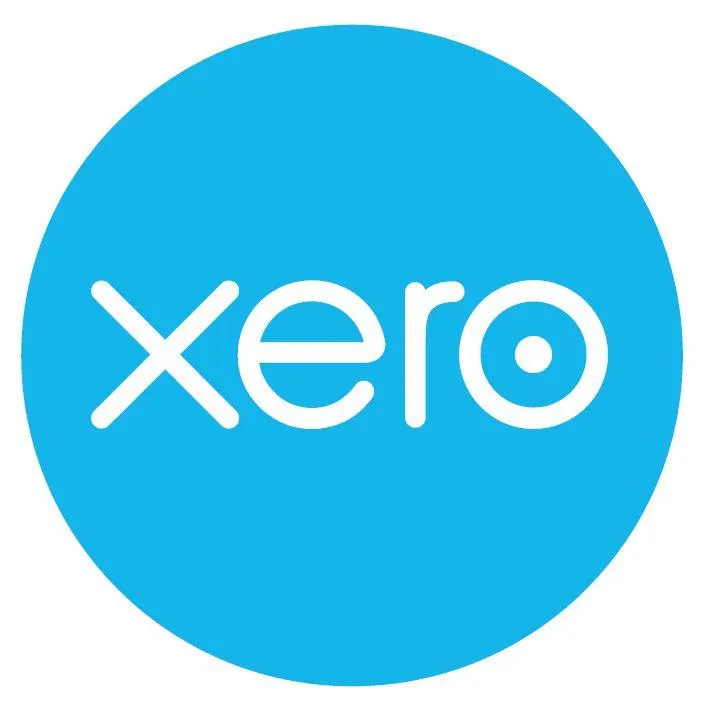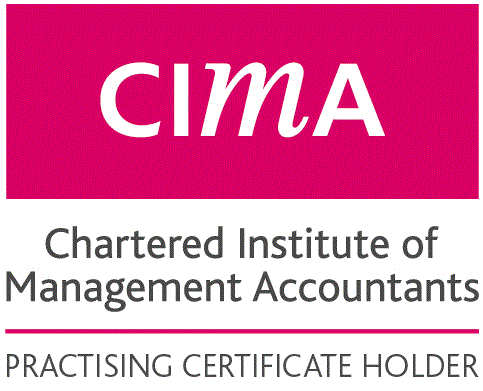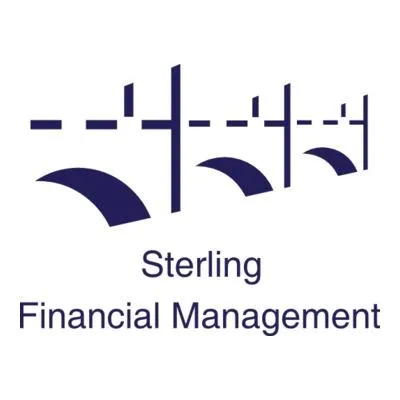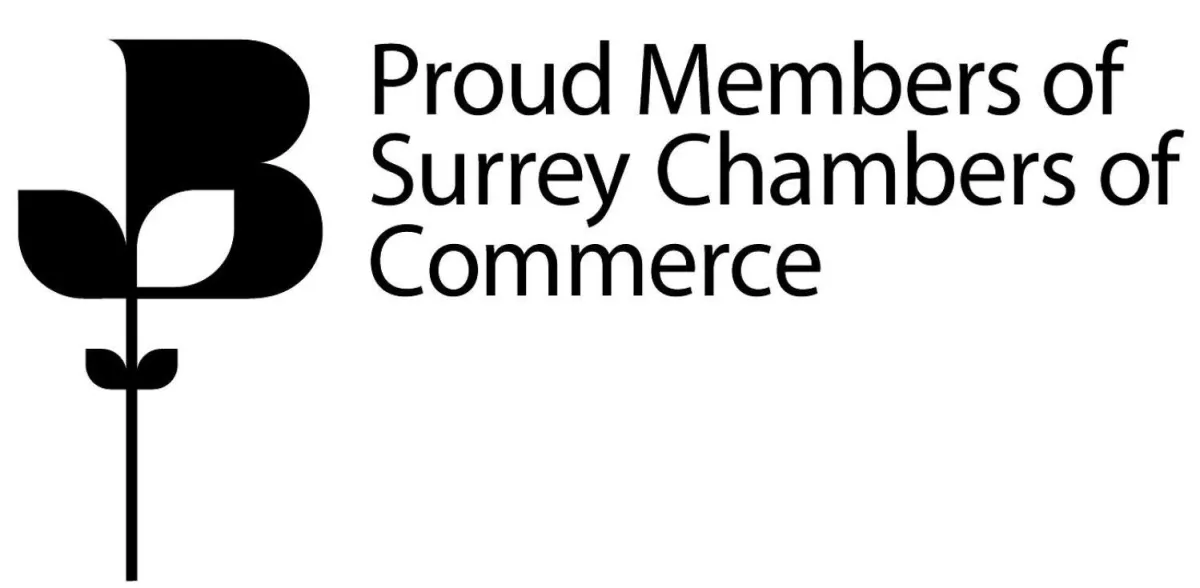

Choosing the Right Bank for Your Business: Traditional vs. Digital Banking
Choosing the Right Bank for Your Business:
Traditional vs. Digital Banking
Selecting the right bank for your business is one of the first decisions you'll make as a business owner. Your choice of a business bank account can have a significant impact on how smoothly your finances run, how easily you can access funds, and even how quickly your business can grow. With the rise of digital banking, the landscape has shifted dramatically, offering new options that promise convenience, lower costs, and innovative features. But is digital banking the right choice for your business, or should you stick with a traditional bank?
In this guide, we’ll explore the key factors to consider when choosing a business bank account. We’ll also compare traditional banking with digital banking, helping you make an informed decision that best suits your business’s needs.
1. Understanding Your Business Banking Needs
Before diving into the comparison between traditional and digital banking, it's essential to understand what your business actually needs from a bank. Different businesses have different requirements, so what works for one company might not work for another.
Assess Your Transaction Volume and Type
Start by considering the volume and type of transactions your business will typically handle. Do you expect to make a lot of cash deposits? Will you need to process international payments regularly? Understanding your transaction needs will help you identify which bank or account type is best suited to your operations.
Consider Access to Branches
If your business frequently deals with cash or requires face-to-face banking services, access to physical branches might be a priority. On the other hand, if your business is primarily online or you’re comfortable with digital tools, you might prioritise a bank that offers a robust online banking platform.
Think About Future Growth
As your business grows, your banking needs will likely evolve. It’s important to choose a bank that can grow with you, offering additional services such as business loans, credit facilities, or investment options as you need them.
2. Traditional Banking: Pros and Cons
Traditional banks have been the cornerstone of business banking for decades. They offer a range of services, from business loans to payroll management, and are often seen as the more secure and reliable option. But are they the best fit for your business?
The Benefits of Traditional Banking
One of the biggest advantages of traditional banks is the comprehensive service they provide. With a traditional business bank account, you typically have access to a wide range of financial products, including loans, overdrafts, and investment services. You also benefit from face-to-face support, which can be invaluable if you need personalised advice or assistance with complex transactions.
Moreover, traditional banks often have extensive branch networks, making it easier to deposit cash, meet with your bank manager, or access other in-person services. For businesses that rely on physical banking, this can be a significant advantage.
The Drawbacks of Traditional Banking
However, traditional banks aren’t without their downsides. For starters, they tend to charge higher fees for their services. Monthly account fees, transaction charges, and other service fees can add up quickly, particularly for small businesses that are just starting out.
Additionally, traditional banks can be slower to adopt new technologies. While many are improving their digital offerings, they may still lag behind digital-only banks in terms of innovation, user experience, and the speed of service.
3. Digital Banking: The New Kid on the Block
Digital banks, often referred to as "challenger banks," have disrupted the traditional banking model by offering fully online services. These banks operate without physical branches, providing all their services through mobile apps and online platforms. But is a digital business bank account the right choice for your business?
The Benefits of Digital Banking
Digital banks are designed with convenience and cost-effectiveness in mind. Because they don’t have the overhead costs associated with maintaining physical branches, they can offer lower fees and better interest rates. Many digital banks also provide innovative features like real-time transaction tracking, instant notifications, and easy integration with accounting software.
Another key advantage of digital banking is the ease of use. With everything available at your fingertips, managing your business finances becomes a more streamlined process. Need to make a payment, check your balance, or view your transaction history? You can do it all from your smartphone, 24/7.
The Drawbacks of Digital Banking
Despite their advantages, digital banks do have some limitations. The most obvious is the lack of physical branches. If your business needs to deposit cash or requires in-person services, a digital bank might not be suitable. Additionally, while many digital banks offer customer support through chat or phone, it may not be as personalised as the service you’d receive from a traditional bank manager.
Furthermore, some digital banks are relatively new and may not yet offer the full range of financial products that traditional banks do. If you need complex services like business loans or foreign exchange services, you might find your options limited with a digital-only bank.
4. Comparing Traditional and Digital Banking
When choosing a business bank account, it’s essential to weigh the pros and cons of both traditional and digital banking. Here’s a side-by-side comparison to help you decide:

5. Tips for Choosing the Right Bank for Your Business
Choosing the right bank for your business is a decision that should be made carefully. Here are some tips to help you find the best fit:
Evaluate Your Priorities
What matters most to your business? If you value personal relationships and in-person service, a traditional bank might be the way to go. If cost savings and digital convenience are more important, a digital bank could be the better choice.
Consider the Long-Term
Think about how your banking needs might change as your business grows. Will you need access to credit? Do you anticipate expanding internationally? Choose a bank that can offer the services you’ll need in the future.
Compare Fees and Features
Take the time to compare the fees, features, and benefits of different business bank accounts. Look beyond the headline rates and consider the overall value each account offers.
Test the Technology
If you’re considering a digital bank, download the app and test it out before committing. Make sure it’s user-friendly and meets your business’s needs.
Seek Recommendations
Talk to other business owners in your network about their banking experiences. Recommendations from peers can provide valuable insights into which banks offer the best service and value.
If you need help deciding what banking option is best for you, our team of friendly accountants are here to assist. Schedule a call with us today, and let us help you choose the best path for your business, ensuring you get the financial support you need to thrive.

FREE DOWNLOADS
A-Z of allowable business expenses
Download your A-Z guide of allowable business expenses.
Financial Housekeeping For Your Small Business
Download your guide to Financial Housekeeping For Your Small Business - ideal for start ups and early stage businesses
How to Scale Up your Business: Tips and Strategies for Success
Download your guide to How to Scale up your Business - ideal for slightly more established businesses that want to grow and scale their business
Don't want the guide?
But do want our regular email filled with tips and insights into business and how to maximise profit and grow your business?
Click here

Ready to take the stress out of finance?

Not quite ready to commit to a long term contract ? Book a value packed Power Hour for now at £180 Inclusive of VAT.






© 2023 All Rights Reserved | Sterling Financial Management Reg No 9780783,
Accounting, Bookkeeping and Business Advisory in Dorking Surrey RH4 2JF